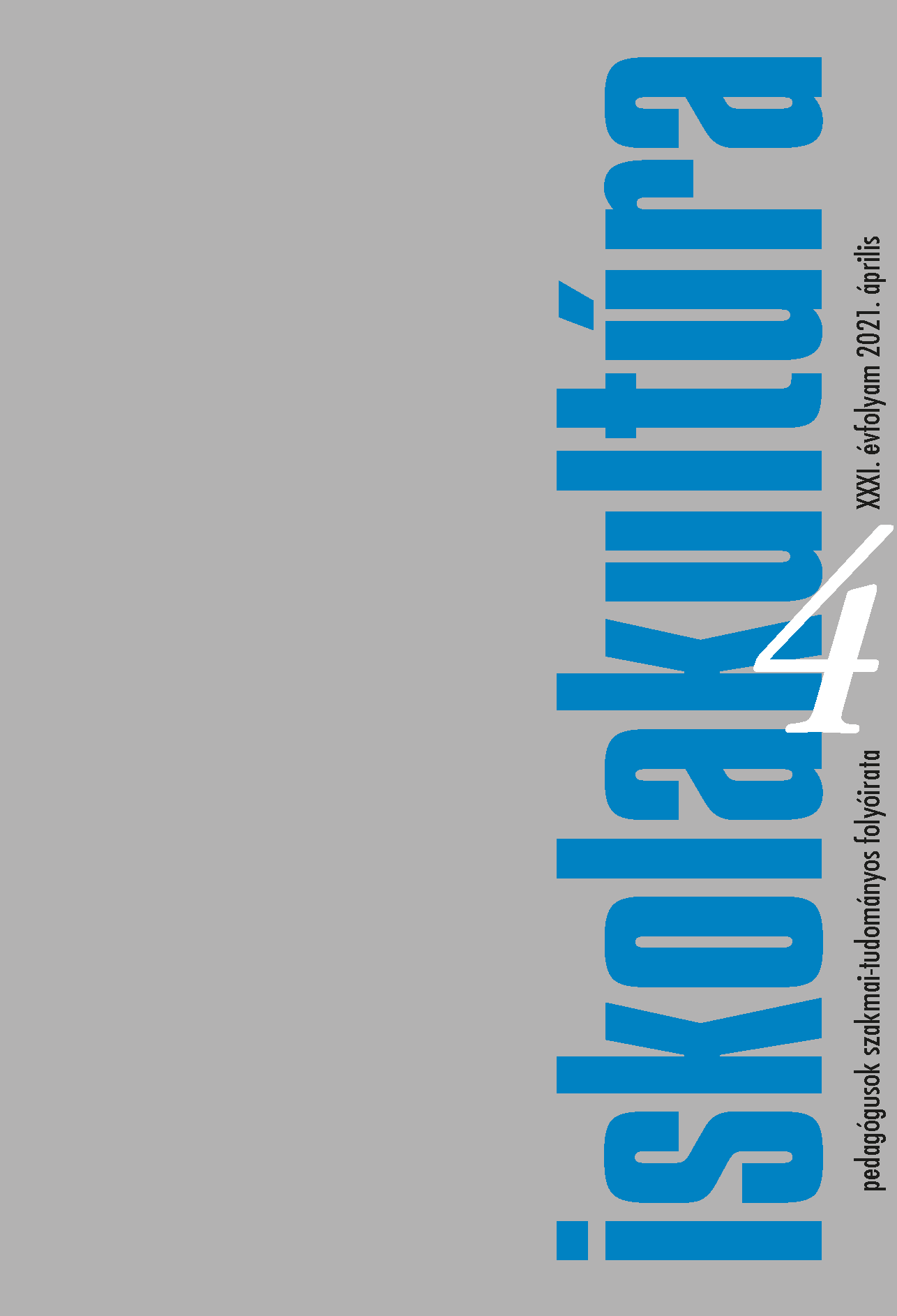Rilke and Dostoevsky
Main Article Content
Abstract
Rilke read The Brothers Karamazov and translated a part of Poor Folk at a young age, immediately after his first trip to Russia. For decades, in all eras of his oeuvre, he mentioned the name of the Russian author with admiration. During the World War and his times of artistic crisis he also turned to the novels of the great Russian writer. Although Dostoevsky's influence is evident in Rilke's critical reception, hardly any analyzes were made of the aesthetic aspects of the Dostoevsky experience, in contrast to the numerous studies dealing with the poet's relationship with Russia. Although this could be a particularly exciting issue for Rilke’s research, the poet’s relationship with Russian culture is well known to be textually defined. His image of Russia is based primarily on his early readings of Tolstoy and Dostoevsky, and his relationship with the Russian world played a major role in shaping his own literary aesthetics. In my view, Rilke’s image of Russia also conceals the poet’s image of Dostoevsky, as the Dostoevsky experience served as a „hermeneutic situation” (Gadamer) for Rilke’s being attracted by Russia. Therefore, on the one hand, my study focuses on the question of the extent to which our image of the Austrian poet's conception of art is varied when we read it from the defining role of Dostoevsky's figure. What aspects of Dostoevsky’s art are at the center of Rilke’s interest while reading his novels? It is very likely that the birth of the Dinggedicht concept, which will in fact only be developed in Paris under the influence of Rodin and Cézanne, was facilitated not only by the spatial experience of the Russian countryside but also by Orthodox icons and Dostoevsky's verbal icons. Thus, my study also takes the possible rilkean reading of the Poor Folk and The Brothers Karamazov into account.

